Invited Speakers :
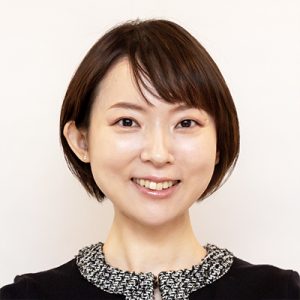
“How to reconstruct a cell differentiation trajectory using scRNA-seq snapshot data”
Momoko Hayamizu, M.D., Ph.D.
Assistant Professor, Department of Statistical Modeling, The Institute of Statistical Mathematics
My research interest lies in the broad field of combinatorics and its applications. I am particularly interested in the interface between discrete mathematics and biology. In the past few years I have been studying mathematical problems that arising in the analysis of biological data or phenomena, such as evolution of organisms and cell differentiation. (For details, see https://hayamizu.tumblr.com/)
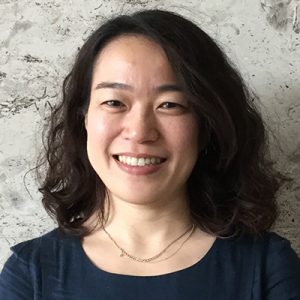
“Large-scale genome-wide association analysis of type 2 diabetes in the Japanese population”
Momoko Horikoshi, M.D., Ph.D.
Team Leader, Laboratory for Genomics of Diabetes and Metabolism, Center for Integrative Medical Sciences, Riken
My research focus is on elucidating the genetic background of type 2 diabetes and other metabolic and anthropometric phenotypes related to the disease.
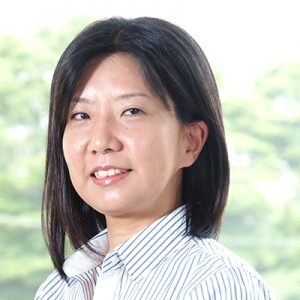
“Genetics of type 2 diabetes and its implication for drug discovery”
Minako Imamura, M.D., Ph.D.
Associate Professor, Faculty of Medicine, University of the Ryukyus
I started my career as a physician, afterwords became intrested in molecular biology and human genetics. My current research interst focuses on the development of novel treatments and preventive measures for type 2 diabetes utilising findings from genomic research.
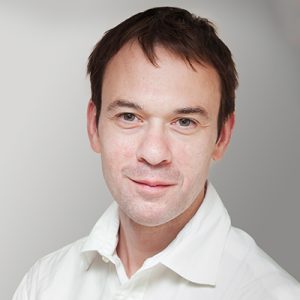
“A hierarchical model of DNA repair inferred from omics-scale genetic interaction data reveals the dynamics of DNA damage induction”
Anton Kratz, Ph.D.
Assistant Research Scientist, Ideker Lab, School of Medicine, Health Sciences, UCSD
My current research is concerned with the creation of a method for inferring data-driven Systems Biology models from large-scale omics data, applying my method to DNA repair as a prototype. Prior to joining the Ideker Lab at UCSD, I earned my PhD in Systems Biology at Keio University (Japan) in the lab of Dr. Masaru Tomita and completed my postdoctoral research at RIKEN CLST (Japan).
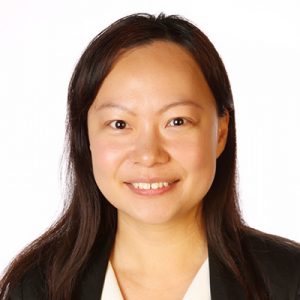
“Breast cancer: From Big Genomic Data to Precision Medicine”
Siew-Kee(Amanda) Low, Ph.D.
Japanese Foundation for Cancer Research, Cancer Precision Medicine Center, Cancer Institute
My current research interest is to establish liquid biopsy system by using NGS system for cancer early detection and monitoring for minimal residual disease and treatment response. I have been working extensively in genomic research that expands from cancer genomics, pharmacogenomics and various genomic studies for complex diseases with data that obtained from whole-genome genotyping platform or next generation sequencing (NGS).
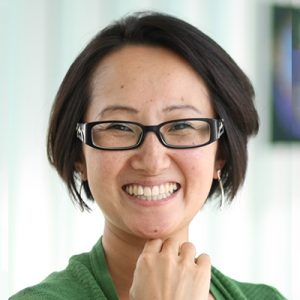
“Mouse Ageing Atlas”
Aki Minoda, Ph.D.
Unit Leader, Epigenome Technology Exploration Unit, Center for Integrative Medical Sciences, Riken
I spent most of my youth in London and did my postdoc in Berkeley, California, so although I am Japanese, I am may be a third Japanese inside. If I can act as a bridge between Japan and other countries, it would be very rewarding. I have my love for chromatin and I tend to be attracted to large scale projects.
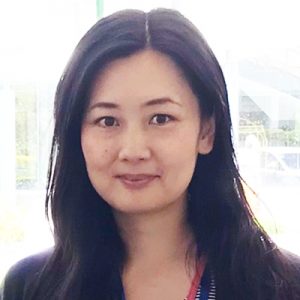
“Artificial intelligence for patient stratification based on clinical information”
Yayoi Natsume, Ph.D.
Sub-Project Leader, Laboratory of Bioinformatics, National Institutes of Biomedical Innovation, Health and Nutrition
Computational biologist / bioinformatician whose interests include D2K by machine learning, multi-omics integration.
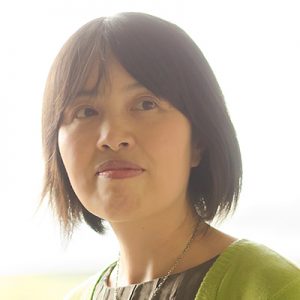
“Reclassification of cancer subtypes based on the dynamic behaviors”
Mariko Okada, Ph.D.
Professor, Laboratory of Cell Systems, Institute for Protein Research, Osaka University
I have been studying cancer signaling network using Systems Biology approach. One of my research goals is to achieve a predictive understanding of the cell behaviors by developing comprehensive kinetic models that integrate experimentally observable data, and to identify the regulatory principles that play critical roles in cell determination.
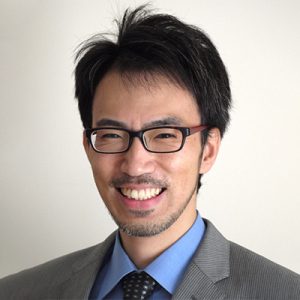
“The interplay between data-driven and theory-driven methods for chemical sciences”
Ichigaku Takigawa, Ph.D.
PI, Institute for Chemical Reaction Design and Discovery, Hokkaido University
Research Scientist, Medical-risk Avoidance based on iPS Cells Team, Center for Advanced Intelligence Project, Riken
I have a pure computer-science background, and my primary research interest is the computational aspects and techniques of machine learning. But also, over the years I have been involved and working in many real-world problems of interdisciplinary fields such as life sciences, material sciences, and chemistry. Now I am working on machine learning for cell biology at RIKEN and for chemistry at Hokkaido University.
